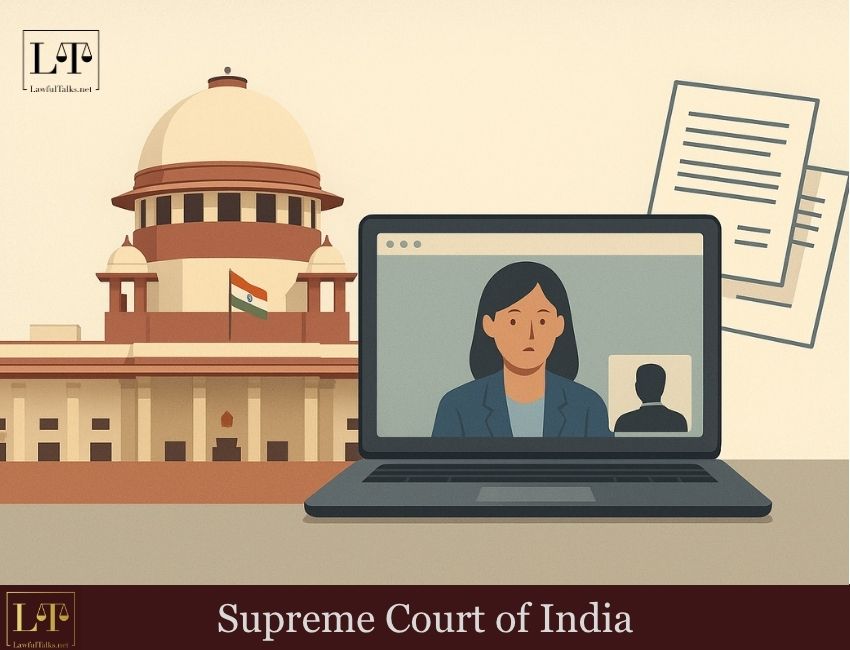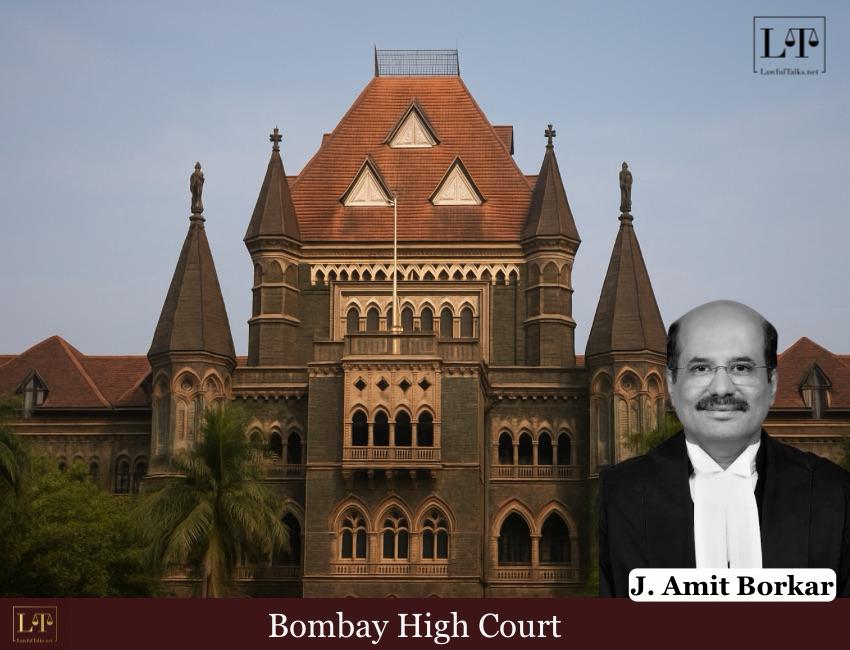Allahabad HC Sets Aside Afzal Ansari's Conviction, Allows Him to Continue as MP

In a significant judgment in Raj Kumar @ Bheema v. State of NCT of Delhi, the Supreme Court introduced an important safeguard to make trials fairer when witnesses testify through video conferencing.

A bench of Justice Vikram Nath and Justice Sandeep Mehta directed that whenever a witness is examined via video conferencing, the trial court must ensure that the witness receives an electronic copy of their earlier statements before the examination.
Background:
The appeal arose from a conviction in a 2008 murder and house-breaking case at Sukhdev Vihar, New Delhi. The prosecution relied heavily on the testimony of PW-18, the injured eyewitness and widow of the deceased, who identified the accused through video conferencing nearly 8½ years after the incident. At the time of her examination, PW-18 was approximately 73 years old, admitted to being infirm, and suffered from weak vision. Despite this, she identified the accused without wearing her spectacles during the virtual hearing.
The defence questioned the reliability of the delayed identification and also argued that they could not properly confront the witness with parts of her earlier written statement during cross-examination. This happened because the trial court had no way to show the physical document to a witness who was testifying from another country through video conferencing. The trial court did not deal with this objection, which resulted in a procedural irregularity.
The Apex Court observed that this safeguard is necessary to correct a common “procedural irregularity” in virtual hearings, where the defence is often unable to effectively cross-examine witnesses because their earlier statements cannot be shown to them physically.
Recognizing the accused’s right to a fair and effective cross-examination, the Court directed that: “in every case where, it is proposed to record the statement of a witness over video conferencing and any previous written statement of such witness or a matter in writing is available and the party concerned is desirous of confronting the witness with such previous statement/matter in writing, the trial Court shall ensure that a copy of the statement/document is transmitted to the witness through electronic transmission mode and the procedure provided under Section 147 and Section 148 of the Bharatiya Sakshya Adhiniyam (corresponding Section 144 and Section 145 of the Evidence Act) is followed in the letter and spirit, so as to safeguard the fairness and integrity of the trial.”
The bench clarified that this direction has been issued to avoid procedural lapses, prevent prejudice to any party, and uphold the principles of fair trial, effective cross-examination, and proper appreciation of evidence.
Conclusively, the Court held that the conviction was unsustainable. It set aside the conviction and acquitted the accused, noting that no other reliable evidence connected him to the offence.
Case Title: RAJ KUMAR @ BHEEMA VERSUS STATE OF NCT OF DELHI

Sanika Patil
Third Year BALLB Law Student
Latest Posts
Categories
- International News 19 Posts
- Supreme Court 390 Posts
- High Courts 384 Posts




















































































































































































































































































































































































































































































































































































































































































































































































































